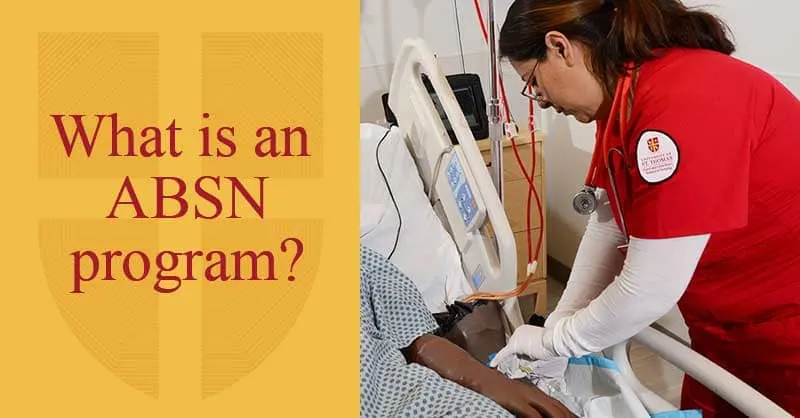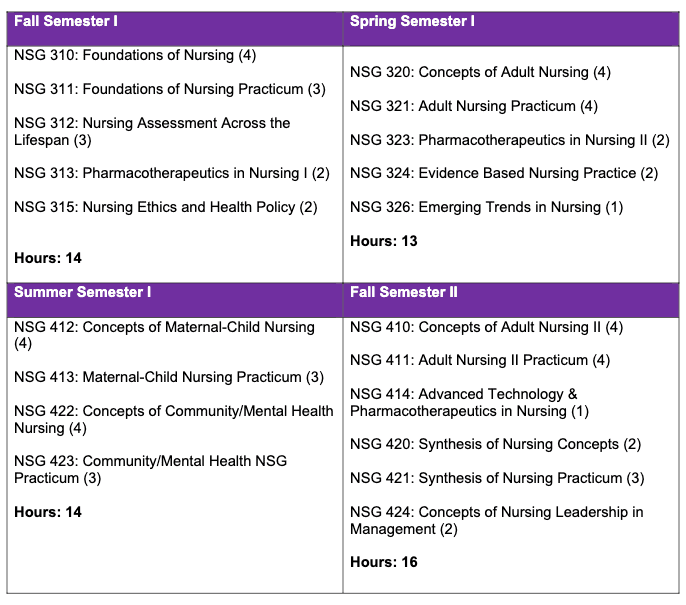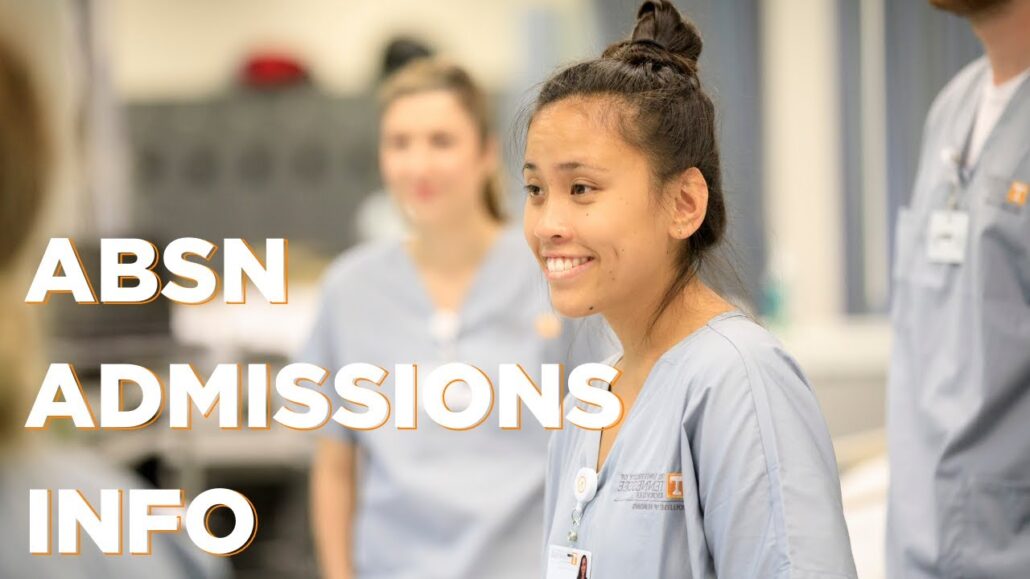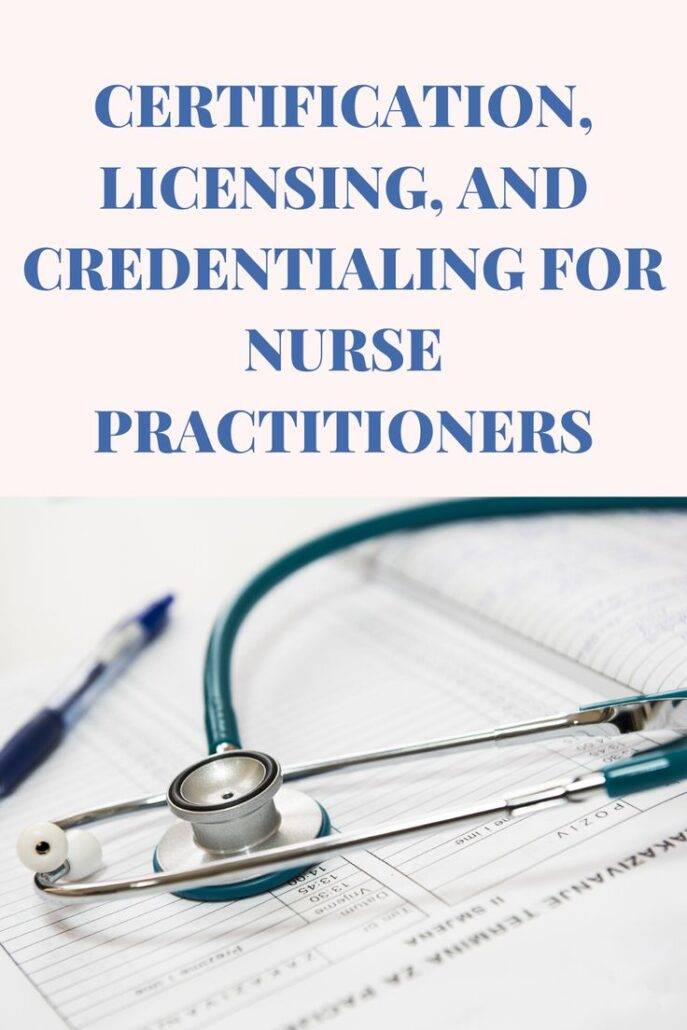Explore the ins and outs of ABSN programs, from curriculum to employment outlook. Discover if this accelerated nursing route is right for you, and find essential tips on choosing the best ABSN program.
What is an ABSN?

An Accelerated Bachelor of Science in Nursing (ABSN) program is an intensive, fast-track nursing program designed for individuals who hold a non-nursing bachelor’s degree. It provides a streamlined pathway to become a registered nurse (RN) in a shorter timeframe compared to traditional BSN programs. ABSN programs are tailored to leverage the prior education of students, focusing on nursing-specific coursework and clinical experiences.
ABSN programs are designed for motivated individuals seeking a career change or advancement in the healthcare field. They offer a condensed, immersive nursing education that equips graduates with the skills and knowledge needed to excel in the nursing profession.
How Long Does an ABSN Take?
Typically, an ABSN program can be completed in 11 to 18 months, depending on the specific program and institution. The accelerated nature of the program is achieved through rigorous coursework and a concentrated clinical component. ABSN students often engage in a full-time, year-round curriculum, allowing for swift progression from theory to clinical practice.
Curriculum for ABSN

ABSN curricula are carefully structured to cover essential nursing topics efficiently. They encompass a blend of theoretical coursework, hands-on lab work, and clinical experiences. Course content includes subjects like anatomy, physiology, pharmacology, and nursing practice in various healthcare settings.
The curriculum is designed to provide a solid foundation in nursing theory and practice, preparing students to deliver safe and effective patient care. It also emphasizes critical thinking, clinical reasoning, and evidence-based practice.
Admission Requirements for ABSN
To gain admission to an ABSN program, candidates typically need to meet specific prerequisites. These may include a non-nursing bachelor’s degree, a minimum GPA, prerequisite coursework in sciences, and sometimes completion of standardized tests like the TEAS or HESI exam.

Admission requirements may vary by institution, so it’s crucial for prospective students to carefully review and fulfill all prerequisites before applying to an ABSN program.
What are the prerequisites for ABSN?
Prerequisites for ABSN programs generally encompass foundational coursework in the sciences, including biology, chemistry, and anatomy and physiology. Additionally, some programs may require courses in mathematics and psychology. It’s essential for applicants to ensure they have completed these prerequisites or have a plan in place to do so before starting the ABSN program.
Meeting these prerequisites ensures that students have the foundational knowledge needed to succeed in the accelerated nursing curriculum. It also helps to facilitate a smooth transition into the program.
How much does an ABSN Degree Cost?
The cost of an ABSN program can vary widely based on factors such as location, institution, and whether it is a public or private school. Tuition, fees, and additional expenses like textbooks and clinical supplies should all be taken into consideration. Financial aid options, scholarships, and grants may be available to help offset some of these costs.
Is an ABSN Program Worth It?
The value of an ABSN program depends on individual goals and circumstances. For those seeking a fast-track entry into nursing, the ABSN route provides a timely and efficient pathway. Additionally, the demand for registered nurses remains high, making it a potentially rewarding career choice.
However, it’s essential for prospective students to carefully weigh the benefits against the challenges, considering factors like program costs, time commitments, and personal readiness for an accelerated learning environment.
Why Is ABSN Program Accreditation Important?
Accreditation ensures that an ABSN program meets the standards and quality benchmarks set by accrediting bodies. Graduating from an accredited program is crucial for eligibility to take the NCLEX-RN licensing exam and for future employment opportunities. It signifies that the education provided aligns with industry standards and best practices.
Choosing an accredited ABSN program is a vital step in ensuring that graduates are well-prepared to practice nursing safely and effectively. Prospective students should verify the accreditation status of their chosen program before enrolling.
What is the Employment Outlook for ABSN Graduates?
ABSN graduates are well-positioned in the job market due to the increasing demand for registered nurses across various healthcare settings. With a diverse skill set and a foundation in evidence-based practice, ABSN graduates are equipped to excel in entry-level nursing positions. Job prospects may also be influenced by factors like location and specific healthcare needs in the region.
The strong employment outlook for ABSN graduates is a testament to the value and relevance of the program in meeting the ongoing healthcare demands of the population.
What Makes This Major Unique?
What sets ABSN programs apart is their specialized focus on individuals with non-nursing backgrounds, providing an accelerated and tailored pathway into the nursing profession. This unique approach allows students to leverage their prior education while gaining the essential skills and knowledge needed to succeed as registered nurses.
Is it best to take the ABSN route for nursing or to take the RN-to-ABSN route?
The choice between the ABSN and RN-to-ABSN routes depends on individual circumstances and career goals. ABSN programs are designed for individuals with non-nursing bachelor’s degrees, offering an accelerated entry into nursing. On the other hand, the RN-to-ABSN route is tailored for licensed registered nurses seeking to advance their education and career prospects.
Featured ABSN Specialties
ABSN programs may offer specialized tracks or concentrations, allowing students to focus on specific areas of nursing practice. Common specialties include pediatric nursing, critical care, obstetrics, and mental health. These specialized tracks provide additional training and expertise in a particular area of healthcare.
Exploring the available specialties within an ABSN program can help students align their education with their professional interests and career goals, ultimately enhancing their expertise in a specific area of nursing practice.
What to Expect from an Online RN-to-ABSN Program
Online RN-to-ABSN programs provide a flexible and convenient option for registered nurses seeking to advance their education. These programs typically offer a blend of online coursework and in-person clinical experiences. Students can expect a curriculum that builds on their existing nursing knowledge and skills, with a focus on leadership, evidence-based practice, and advanced clinical competencies.
Prospective students considering an online RN-to-ABSN program should anticipate a dynamic learning experience that allows them to balance their professional responsibilities with their educational pursuits. Additionally, they should be prepared to actively engage in online discussions, virtual simulations, and on-site clinical placements.
Difference between ABSN and BSN
While both ABSN and traditional Bachelor of Science in Nursing (BSN) programs lead to the same end goal of becoming a registered nurse, they differ in their target audience and duration. ABSN programs are designed for individuals with non-nursing bachelor’s degrees and offer an accelerated pathway to nursing licensure. BSN programs, on the other hand, are more comprehensive and typically span four years.
The choice between ABSN and BSN depends on individual circumstances, including prior education and desired timeline for entering the nursing workforce. Both pathways provide a solid foundation for a successful nursing career.
What to look for in a school
When selecting an ABSN program, prospective students should consider factors such as accreditation status, reputation, faculty expertise, clinical opportunities, and student support services. Additionally, evaluating the program’s NCLEX pass rates, job placement rates, and alumni success can provide valuable insights into the quality of education offered.
Thorough research and careful consideration of these factors can help prospective students make an informed decision about which ABSN program aligns best with their educational and career objectives.
Financial aid and scholarships
ABSN students have various options for financial assistance, including federal student aid, scholarships, grants, and private loans. It’s recommended that prospective students explore all available sources of financial aid and apply for scholarships specific to nursing education. Additionally, some institutions may offer institutional scholarships or tuition reimbursement programs.
Taking proactive steps to secure financial aid can help alleviate the financial burden associated with pursuing an ABSN degree, making it a more accessible option for aspiring nurses.
Required licenses and available certifications
Upon successful completion of an ABSN program, graduates are eligible to take the NCLEX-RN exam, which is the licensure examination for registered nurses. Passing this exam is a crucial step in becoming a licensed RN. Additionally, nurses may choose to pursue specialty certifications in areas such as critical care, pediatrics, or oncology, which can enhance their expertise and career opportunities.

Attaining the necessary licenses and certifications is essential for practicing as a registered nurse and may open doors to specialized roles within the field. Continued education and certification in specific nursing specialties can also lead to advanced career opportunities.
Can I get my ABSN in Nursing Online?
While some components of ABSN programs may be available online, a significant portion of the curriculum typically requires in-person attendance, especially for clinical experiences. This hands-on training is essential for developing practical nursing skills and gaining real-world patient care experience. Prospective students should verify the specific requirements and format of their chosen ABSN program.
While there may be online components to ABSN programs, it’s important to recognize that in-person clinical experiences are a critical aspect of nursing education. Prospective students should be prepared to participate in on-site clinical placements as part of their ABSN program.
Conclusion:
In conclusion, an Accelerated Bachelor of Science in Nursing (ABSN) program offers a rapid and focused pathway into the nursing profession for individuals with non-nursing bachelor’s degrees. With an intensive curriculum, hands-on clinical experiences, and specialized tracks, ABSN programs equip graduates with the skills and knowledge needed to excel as registered nurses. While the decision to pursue an ABSN program requires careful consideration of factors like program costs, prerequisites, and career goals, the potential for a rewarding and in-demand career in nursing makes it a valuable educational pursuit. Remember to research and select an accredited program that aligns with your aspirations and set yourself on a path toward a fulfilling career in healthcare.
Frequently Asked Questions
- Is my accelerated nursing degree as good as a regular BSN?
Yes, an accelerated nursing degree, such as an ABSN program, is considered just as valuable as a regular Bachelor of Science in Nursing (BSN) degree. Both programs lead to the same licensure as a registered nurse (RN) and cover the essential knowledge and skills needed to provide high-quality patient care. The difference lies in the format and target audience of the programs. Accelerated programs are designed for individuals with non-nursing bachelor’s degrees, providing an expedited route into the nursing profession.
- Will I automatically become an RN after completing an accelerated program?
Upon successful completion of an accelerated nursing program, you will have the educational qualifications needed to become an RN. However, you will still need to pass the NCLEX-RN (National Council Licensure Examination for Registered Nurses) in order to obtain your nursing license. The NCLEX-RN is a standardized exam that assesses your readiness to practice as a registered nurse. Passing this exam is a mandatory step in becoming a licensed RN.
- Are accelerated nursing programs good for career changers?
Yes, accelerated nursing programs are particularly well-suited for career changers. These programs are designed to leverage the existing educational background of individuals who hold non-nursing bachelor’s degrees. By offering an intensive, focused curriculum, accelerated programs allow career changers to transition efficiently into the nursing profession. This can be a valuable opportunity for individuals looking to make a meaningful change in their career path and enter the healthcare field.
A Page will cost you $12, however, this varies with your deadline.
We have a team of expert nursing writers ready to help with your nursing assignments. They will save you time, and improve your grades.
Whatever your goals are, expect plagiarism-free works, on-time delivery, and 24/7 support from us.
Here is your 15% off to get started.
Simply:
- Place your order (Place Order)
- Click on Enter Promo Code after adding your instructions
- Insert your code – Get20
All the Best,
Cathy, CS


